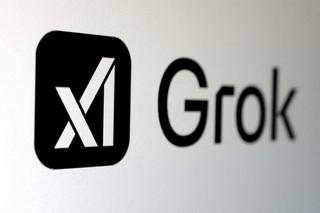The Asian Development Bank and the World Trade Organization Secretariat have introduced the Trade in Critical Minerals database to improve transparency in the trade of minerals vital for the clean energy transition.
Launched on November 20 at COP29 in Baku, the database offers policymakers, researchers, and stakeholders detailed information on trade flows, tariffs, and policies for 250 key minerals and their value chains.
The TiCM database responds to the surging global demand for critical minerals like lithium, cobalt, and rare earth elements, essential for producing batteries, wind turbines, and electric vehicles. These minerals are key to meeting climate targets, such as tripling renewable energy capacity and doubling energy efficiency by 2030.
Drawing from publicly available sources like the WTO Analytical Databases, Trade Monitoring Database, and ePing trade measures platform, the database offers rich insights. Users can explore trade networks, specialisation patterns, and partner dynamics through data visualisations, including bar charts, tree maps, and network graphs.
“Critical minerals are at the heart of the clean energy transition,” said an ADB spokesperson. “The TiCM database is a step towards building sustainable and resilient supply chains.”
The initiative seeks to promote global collaboration by enabling informed decision-making and supporting the growth of inclusive, sustainable critical mineral markets.
It underscores the importance of transparent trade policies in addressing supply chain bottlenecks and ensuring fair access to these vital resources.










